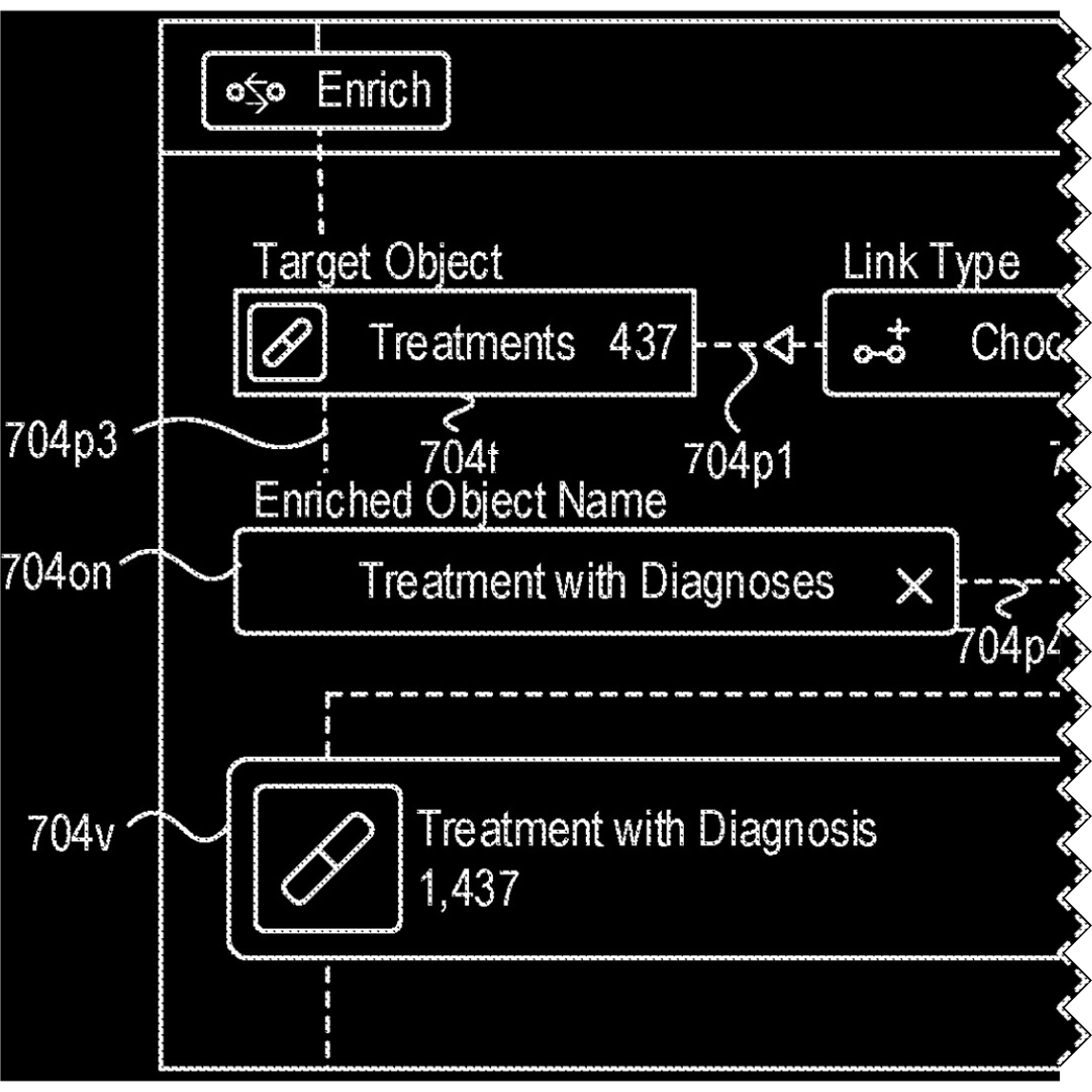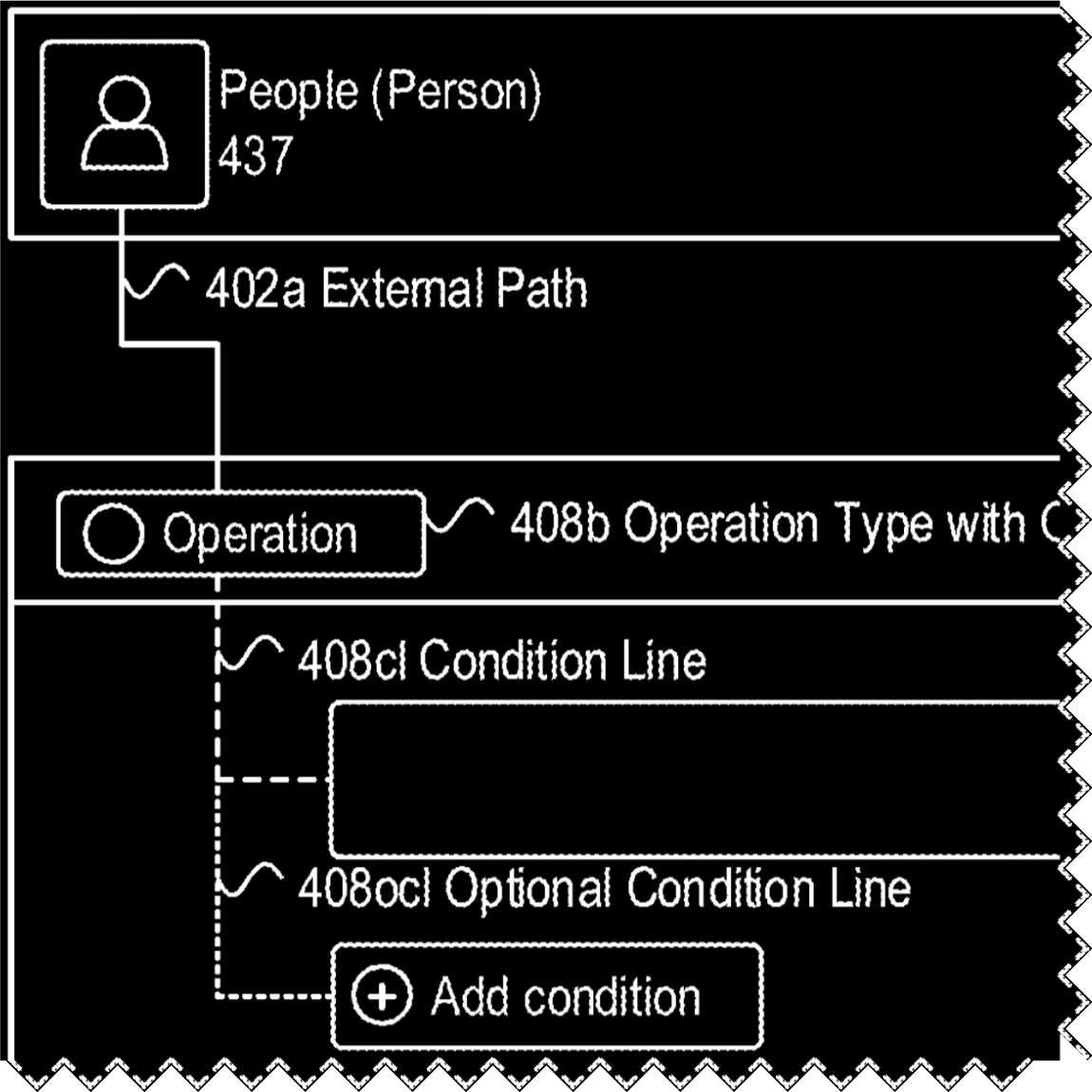I believe that software, and design in general, should seek to guide people into a richer connection with their own ideas and abilities, and also to engage more actively with the context and world around them.
With these principles in mind, I work on things that enable everyday people to become more knowledgeable, skilled, and expressive. For example, in my career as a product designer, I've focused on tools for creativity and collective sense-making; meanwhile, in my work as a strategst, I've focused on organizational design and process optimization.
A deep obsession with media theory, general systems thinking, linguistics and semiotics, and process philosophy permeates most of my work. Early exploration of these topics culminated in my 2019 book Public Domain, which interrogates the social responsibility of designers through the lens of semiotic interpretation.
In my research practice, Pilgrim Technologies, I build small, interoperable tools for thought, mostly centered around high-level reasoning about dynamic systems. I'm currently exploring a hybrid application of GNNs, LLMs, and traditional graph analysis for computational problem solving in design and social science. The most recent prototype is a dynamic simulation framework that can be programmed via an interactive graph visualization.
Sometimes I write about these topics, and design theory and practice in general, on Infinite Caesura.

